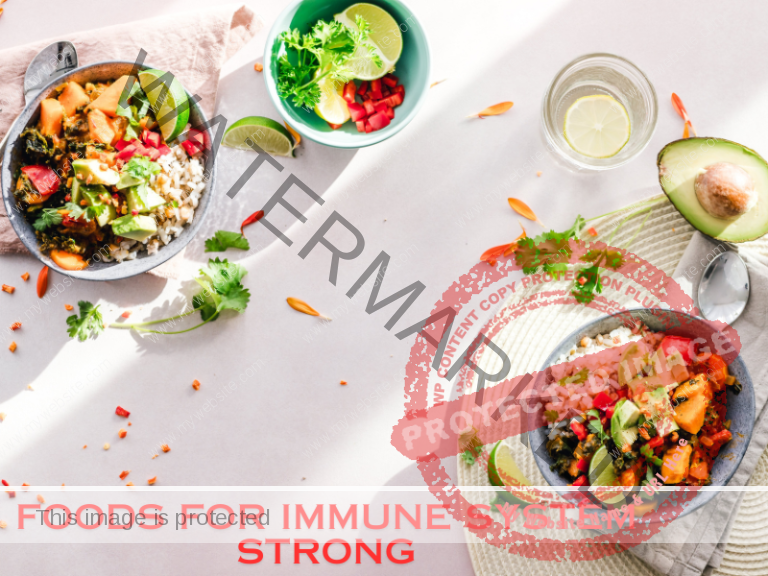Fueling Your Body:A Guide to Optimal Nutrition Best Guidance
Introduction: Fueling Your Body
Fueling your body in the hustle-and-bustle of modern life, it’s easy to overlook the importance of proper nutrition. Our bodies are intricate machines that require the right fuel to function at their best. Whether you’re an athlete striving for peak performance or someone simply aiming for overall well-being, understanding how to Fuelling Your Body is crucial. In this article, we’ll explore the key aspects of nutrition and how you can make informed choices to ensure your body operates at its optimal level.
Balanced Diet: The Foundation of Health
A balanced diet is the cornerstone of fueling your body. It involves consuming a variety of foods in appropriate proportions to meet your body’s nutritional needs. The key components of a balanced diet include the following:
- Proteins: These are the building blocks of life, essential for muscle repair and growth. Sources include lean meats, poultry, fish, eggs, dairy products, legumes, and nuts.
- Carbohydrates: The body’s primary energy source, carbohydrates are found in foods like whole grains, fruits, vegetables, and legumes. Opt for complex carbohydrates that provide sustained energy over simple sugars.
- Fats: While often vilified, fats are crucial for various bodily functions, including nutrient absorption and brain health. Choose healthy fats like those found in avocados, nuts, seeds, and olive oil.
- Vitamins and Minerals: These micronutrients play vital roles in supporting immune function, bone health, and numerous other physiological processes. Ensure you consume a colourful array of fruits and vegetables to get a broad spectrum of vitamins and minerals.
Hydration: The Forgotten Essential
Water is often underestimated in its importance to overall health. It’s involved in digestion, nutrient absorption, temperature regulation, and detoxification. Dehydration can lead to fatigue, headaches, and impaired cognitive function. Aim to drink at least eight glasses of water a day, and more if you’re physically active or in hot climates. A balanced diet is a foundational aspect of maintaining good health and well-being. It involves consuming a variety of foods in appropriate proportions to meet the body’s nutritional needs. A well-balanced diet provides the necessary nutrients, including carbohydrates, proteins, fats, vitamins, and minerals, essential for optimal functioning.
 Meal Timing and Portion Control
Meal Timing and Portion Control
When and how much you eat can impact fueling your body. Consider dividing your daily intake into smaller, more frequent meals to maintain energy levels throughout the day. Pay attention to portion sizes to avoid overeating, as excess calories can lead to weight gain and related health issues. Fueling your body is not just about satisfying hunger; it’s about providing the essential nutrients it needs to thrive.Choose whole, minimally processed foods over highly processed ones. Whole foods retain more of their natural nutrients and fiber.
Pre-Workout and Post-Workout Nutrition
For those engaged in regular physical activity, understanding pre-workout and post-workout nutrition is crucial. Before exercising, consume a balanced meal that includes carbohydrates, proteins, and a small amount of healthy fats. This provides the necessary fueling your body. After exercising, focus on replenishing glycogen stores and repairing muscle tissue by consuming a combination of carbohydrates and protein.
Supplements: A Complement, Not a Substitute
While a well-rounded diet should provide most of your nutritional needs, supplements can be beneficial in certain situations. Vitamin and mineral supplements may be recommended if you have specific deficiencies, and athletes may benefit from protein or performance-enhancing supplements. However, it’s crucial to consult with a healthcare professional before adding supplements to your routine, as excessive intake can have adverse effects.
Listen to Your Body
Each person is unique, and there’s no one-size-fits-all approach to nutrition. Pay attention to how different foods make you feel and fueling your body. If you experience persistent fatigue, digestive issues, or other health concerns, consult with a healthcare professional or a registered dietitian who can provide personalized advice based on your individual needs. Consider individual factors such as age, gender, activity level, and any specific health conditions when determining your dietary needs. What works for one person may not be suitable for another.
Conclusion
Fueling your body is not just about satisfying hunger; it’s about providing the essential nutrients it needs to thrive. A balanced diet, proper hydration, mindful portion control, and attention to timing are all integral components of optimal nutrition. By making informed choices and listening to your body, you can create a sustainable and nourishing approach to fueling your body for a healthy and fulfilling life.






